
Join us for the 2024 Alabama Water Watch Annual Meeting on Saturday, June 8 at the Kreher Preserve and Nature Center in Auburn, AL! Please refer to this page for details and updates.
Continue reading “2024 Alabama Water Watch Annual Meeting”
The Official Blog of Alabama Water Watch

Join us for the 2024 Alabama Water Watch Annual Meeting on Saturday, June 8 at the Kreher Preserve and Nature Center in Auburn, AL! Please refer to this page for details and updates.
Continue reading “2024 Alabama Water Watch Annual Meeting”AWW Staffer Sydney Zinner was joined by AWWesome Volunteer Trainers Hana Berres, Anne Krichten and new Trainer Intern Dr. Cindy Tant at the Birmingham Zoo for a series of Water Chemistry, Bacteriological, and Stream Biomonitoring Trainings.
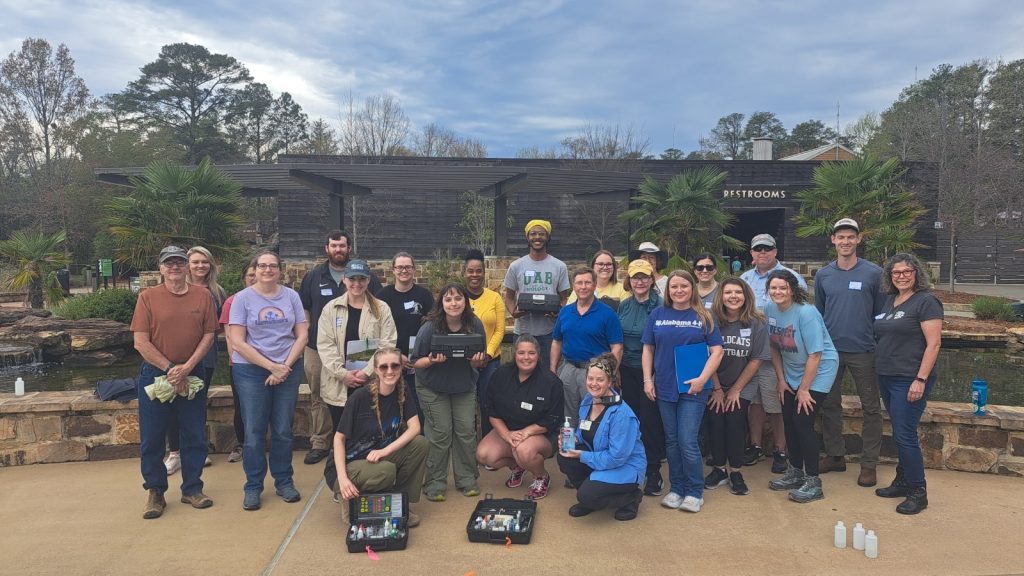
Jera started with Alabama Water Watch and the AU Water Resources Center in February 2024 and will help with marketing and communications, event organizing, volunteer coordination, data processing, and more! She is a fantastic addition to AWW and the WRC as she is very enthusiastic about her work and brings a positive energy to everything she does!
We’d like to officially welcome Jera to the team and want you all to get to know her a little better through the Q&A below.
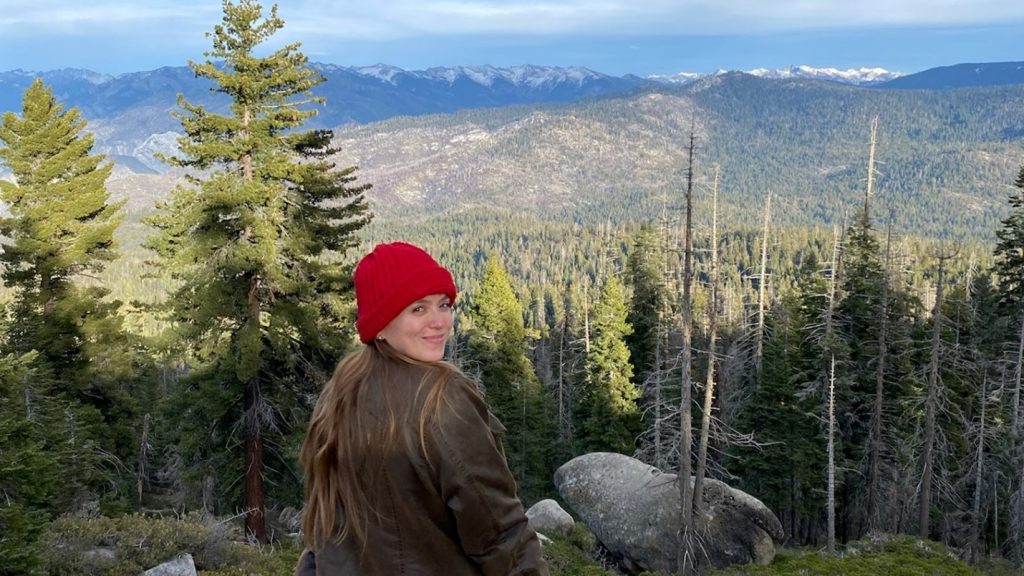
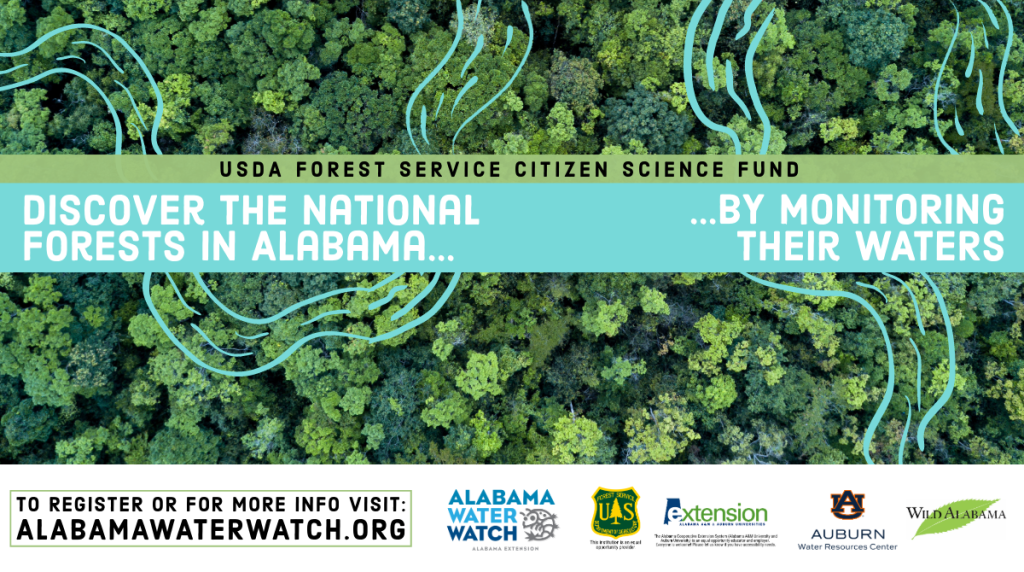
Alabama Water Watch, in partnership with the USDA Forest Service, is excited to announce the next round of the water quality monitoring project in the National Forests in Alabama!
Continue reading “National Forest Water Monitoring Trainings”For the first time, Alabama Water Watch is seeking nominations from program participants and partners to recognize outstanding volunteers.
Nominations will be open through March 5th. Winners will be notified at the end of March and will be presented with their award at the 2024 AWW Annual Meeting in Auburn, AL on Saturday, June 8.
Continue reading “2024 AWW Volunteer Awards: Call For Nominations”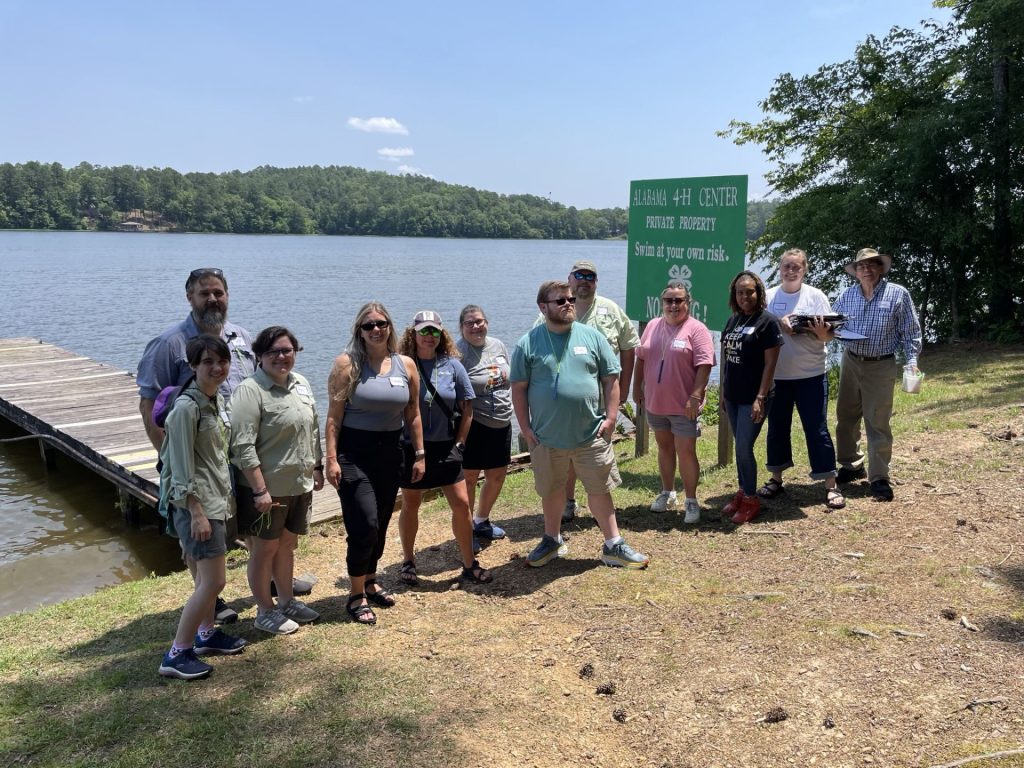
Attention 4-12 grade teachers throughout the state (in ALL COUNTIES!) who would like an opportunity to engage your students with citizen science and watershed stewardship! 4-H Alabama Water Watch is happy to announce the continuation and expansion of the Exploring Pathogen Pollution in Our Waters Project, which is supported by the National Oceanographic and Atmospheric Administration (NOAA) Bays and Watershed Education Training (BWET) Program.
Teachers can apply for a limited number of spots to participate in the required Professional Development Training that will prepare them to conduct bacteriological monitoring and other project activities with their students during the 2024-2025 school year. Review the description below of the Professional Development Training and how teachers implement the project with their students to decide if this project is a good fit for your classroom.
October’s 12 Months of Alabama Aquatic Critters will focus on one of the smaller species found in the State’s waters…aquatic snails!
Freshwater snails are the “janitors” of the water, grazing on algae and dead plant matter from underwater substrate. Snails have an important role in the food chain, providing meals for crayfish, turtles, fish, and waterfowl.
Dr. Paul Johnson with the Alabama Aquatic Biodiversity Center noted that Alabama is home to approximately 210 freshwater snail species. With such a diversity of species, we are only able to highlight a few, but you can view a more comprehensive list on the Outdoor Alabama website by the Alabama Department of Conservation and Natural Resources.
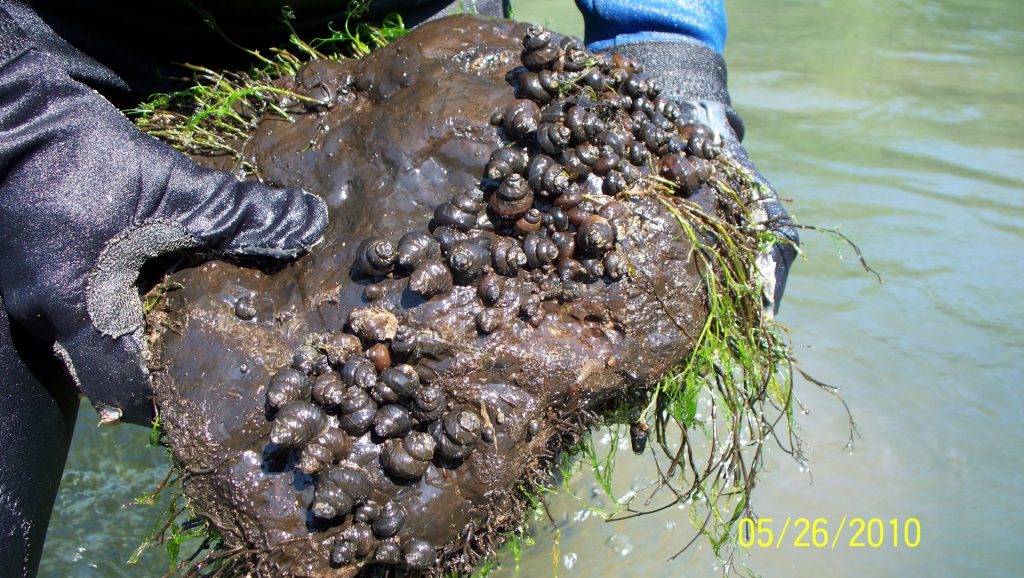
Water Center Staff Carolina Ruiz, Jessie Curl, and Sydney Zinner demonstrated watersheds and water pollution with the Enviroscape Model for the BraveHeart Center for Place and Purpose (BCPP), also known as BraveHearts. BraveHearts is a collaborative community program within the AU Social Work Program.

Water Resources Director Eve Brantley and AWW Staffer Sydney Zinner headed to Central Alabama Community College (CACC) in Alex City to participate in the Future Farmers of America (FFA) Careers in Agriculture Expo hosted by CACC and Alabama Extension.
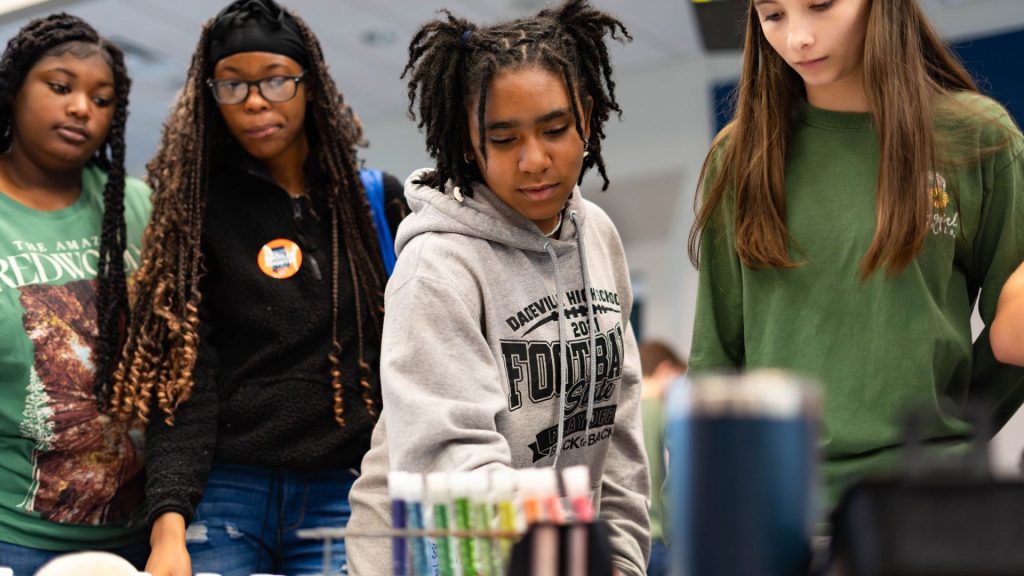
AWW appreciated the invitation to participate and the opportunity to chat with hundreds of students from local high schools and colleges who attended the Expo to learn about all of the career options that agriculture has to offer.
Continue reading “Future Farmers of America Career Expo”AWW Director Mona Dominguez gave a presentation about the importance of citizen science to municipal stormwater management.
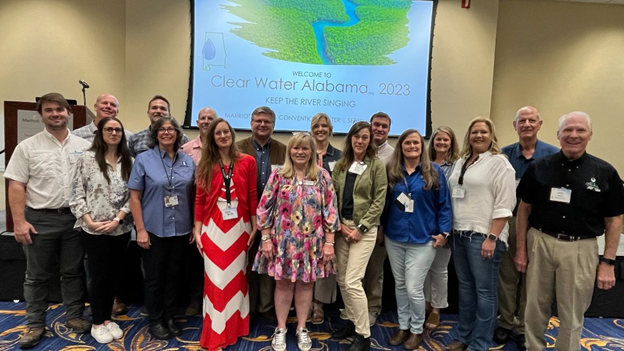
The Alabama Stormwater Association Symposium was hosted in partnership with the Alabama Soil and Water Conservation Committee.
On September 20, 2023, in Florence, AL, the Alabama Stormwater Association Symposium took place in conjunction with Clear Water Alabama. The Alabama Stormwater Association (ASA) is “an incubator and promoter of stormwater innovation, collaboration, communication, and connection for the good of Alabama and for the protection and restoration of the waters within and beyond its borders.”
Continue reading “How can citizen science benefit stormwater management professionals?”